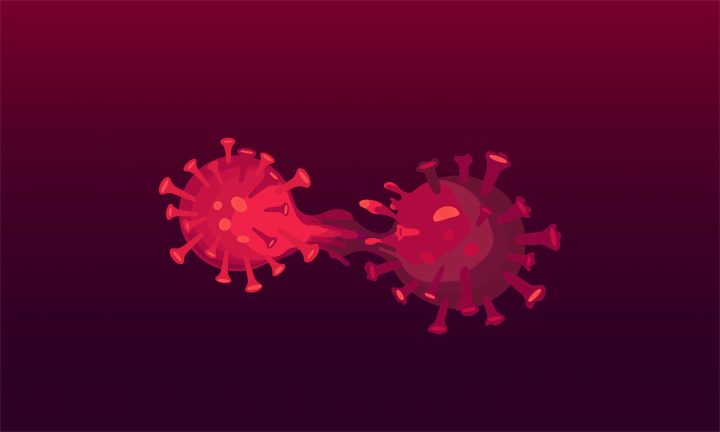Update, 12:26 p.m.

Pauingassi First Nation issued the following statement early Tuesday afternoon:
“It has been confirmed that as of this morning, we have received the sequencing of the seven (7) samples. Of the samples for which sequencing was successful, results show that they are NOT cases of the B.1.1.7 variant of concern. The initial screening looks for a genetic marker, a key mutation, that indicates a sample might be a variant of concern. While the variant found in Northern Manitoba shares that genetic marker with the B.1.1.7 variant, the full sequencing has shown that the samples are in fact not the B.1.1.7 variant.
“Thank you to everyone who has reached out, provided assistance and shown support for our Nation at this time. While we are not out of the woods yet, so to speak, it is a great relief that we are not in fact dealing with the B.1.1.7 UK variant of concern. We will continue to work with our health counterparts and ensure that we keep our Nation as safe as possible,” stated Chief Roddy Owens, Pauingassi First Nation.
Original story:
Community leaders and business owners in Pauingassi First Nation are acting fast to keep residents safe after possible cases of the B.1.1.7. coronavirus variant, which was first discovered in the United Kingdom, have likely been found in the remote community.
Joel McKay, owner of D.O.J.O. Store, which is one of two businesses selling essentials in Pauingassi, is no longer offering curbside pickup. He said he decided to move to a delivery-only model as a precaution after hearing of the new variants possibly spreading in the area.
“My idea is to stop curbside so people more or less stay home,” McKay said. “They don’t have an exact reason to leave their homes.”
On Saturday, the Assembly of Manitoba Chiefs said seven probable cases of the U.K. COVID-19 variant have been identified in the First Nation community of about 500 people.
The samples were screened at Manitoba’s Cadham provincial laboratory and have been sent to the National Microbiology Lab for confirmation.
“It’s actually caused quite a bit of a panic,” McKay said.
The Canadian Armed Forces had already arrived in the community last weekend to help with a spike in COVID-19 cases.
Pauingassi has been under a strict lockdown since Feb. 2, with residents required to stay at home except for essential purposes.
“Whatever little things there were to do up here, there’s now absolutely nothing,” McKay said.
Dr. Marcia Anderson, the lead for the First Nation Pandemic Response Coordination Team, said officials are closely monitoring the possible new variant cases.
- Invasive strep: ‘Don’t wait’ to seek care, N.S. woman warns on long road to recovery
- Canadian man dies during Texas Ironman event. His widow wants answers as to why
- ‘Super lice’ are becoming more resistant to chemical shampoos. What to use instead
- Solar eclipse eye damage: More than 160 cases reported in Ontario, Quebec
“Aggressive public health actions targeted at identifying any further contacts to these cases and ensuring they are tested and are isolating according to public health requirements will help contain the spread of this possible Variant of Concern,” Anderson said in a news release.
Manitoba’s first confirmed case of the variant was found in Winnipeg. The case was related to international travel, officials announced last week.
While it may seem more likely to see more variants of concern in urban centres, Winnipeg epidemiologist Cynthia Carr said Pauingassi’s suspected cases show how no community is fully protected.
“You just need one person, really, going in or out,” Carr said
Despite being a remote area, Carr, who spent much of the last 25 years working with First Nations communities, noted how common it is for residents to leave for medical and other essential reasons.
“There will always be a need for community members to come in and out and also for service providers, whether it be health, education or food supplies to come in,” she said.
The COVID-19 variant first found in the U.K. is believed to be more contagious and has made its way to all 10 provinces in Canada, officials announced Saturday.








Comments